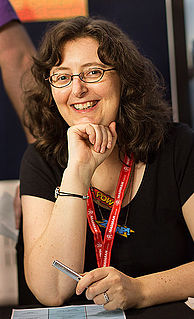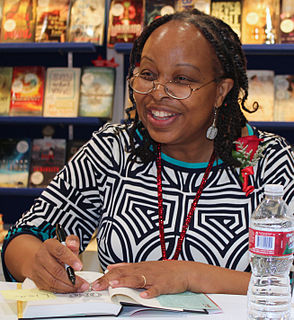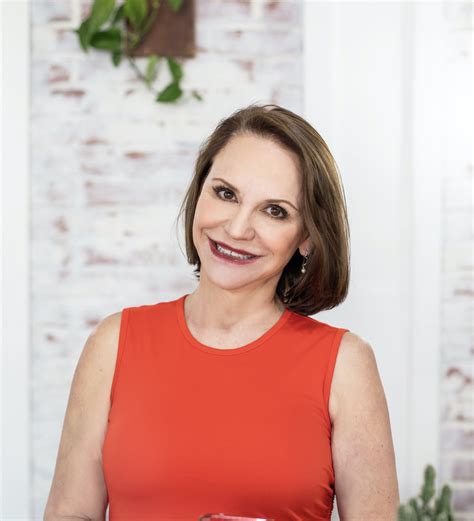A Quote by Paul Reiser
When I'm writing for a book, it's much more reflective process. I have certain things that may not translate well to the stage, but, when they're on the page, people can really get into them. My first two books were aiming to be funnier, but the third was more about deep exploration. Things about being a parent and growing older that I thought would be perfect for a book.
Quote Topics
Related Quotes
The process of writing a book is infinitely more important than the book that is completed as a result of the writing, let alone the success or failure that book may have after it is written . . . the book is merely a symbol of the writing. In writing the book, I am living. I am growing. I am tapping myself. I am changing. The process is the product.
When I'm writing, I'm thinking, "Well, this might be a book that I'll always be happy with, and certainly readers will be happy with." But another part of me knows that when I'm past the stage of writing, the book is gonna have good things about it, bad things about it - probably more bad than good. I just know that. That's who I am.
Parker wasn't supposed to be a series. He was supposed to be one book, and if he was only going to be in one book, I didn't worry about it. And then an editor at Pocket Books said "Write more books about him." So I didn't go back at that point and give him a first name. If I'd known he would've been a series, I would've done two things differently. First, I would've given him a first name because that means for 27 books, I've had to find some other way to say, "Parker parked the car."
Blogging has mostly been an opportunity to react more immediately to experiences to try out ideas that I may end up using in the print media or in some other place. When I write books, it's a way for me to bring readers into the experience of writing the book, all through the process of writing the books that I write. I talk about what I'm up to in the blog. I let people know what I am doing. To me, it's just part of putting my professional life up in a way that people who are interested in it can access; and learning things from them as well.
One of the great things about being a grandparent is you get to redo what you didn't or couldn't do as a parent. Oftentimes we forget that even while the parent is parenting, they're still a growing person. They're still trying to fix themselves. They're still out there not doing everything a hundred percent correctly. I had the best parents I could ever have, but the kinds of things that they were capable of doing, the things that they said and did, were very destructive to my sister, brother, and me. But they're so much more than those things.
I thought, "Well, I'm writing about early childhood, so maybe it would make sense to write about late childhood as well, early adulthood." Those were my thoughts, and this was how this crazy book [Winter Journal] was composed. I've never seen a book with pictures like at the end, pictures related to things you've read before.
Me writing the book and the subsequent interactions that we had were actually the cap on that experience. We were still in this weird purgatory about it when I published the book. When I gave them the galleys and what ensued after that, then I understood a lot more about our relationships and what the experience meant to them. I'd never wanted to know what they thought about it at all.
I wanted to talk about certain things in a way that I hadn't seen them talked about. There is vast literature about caring for people romantically, about caring for children, but there's not a lot about caring for older people, eldercare. I was searching for a book that would speak to me, that wouldn't be sociological, that would offer some insight, some solace.
I think the books are the books. They were conceived as books. They weren't conceived as movies. When I write scripts, that's an idea and a situation that I think is a really good idea for a movie. When I'm writing a book, I'm not thinking, "Oh, this would be a great movie." This would be a very interesting book. And I think the books are things that cannot really be adapted into another medium.
There are certain things that I'll hear about and that I think will make a great book and I put it in a file. Sometimes it's a situation that interests me, and I don't even realize what I'm trying to say about it until I get closer to it. Sometimes the book after that I've written 125 pages of, and I can tell you what the book is after that. I just sort of have a linear progression, but more than anything, the topics land in your lap. I don't feel that I go out searching for them.
It's insane to be a writer and not be a reader. When I'm writing I'm more likely to be reading four or five books at once, just in bits and pieces rather than subjecting myself to a really brilliant book and thinking, "Well what's the point of me writing anything?" I'm more likely to read a book through when I take a break from writing.


































